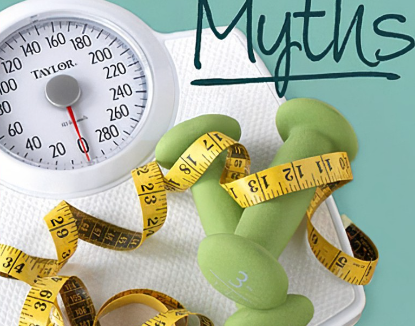Are you or your child experiencing intense fear near food?
Has eating become stressful?
Is diet hindering you from going out to meals with your friends or loved ones?
If, you answered one of these questions, yes, I encourage you to read this blog. This blog is dedicated to all those women and adolescents who are suffering in silence due to an eating disorder. This subject has become very special for me after 3 years working with clients suffering from this illness.
What are eating disorders?
Eating disorders are serious mental health illness associated with a person’s eating behaviors. This involves obsessive thinking about weight and food. This obsessive thinking may lead to the most common types of eating disorders which are anorexia nervosa, bulimia nervosa and binge eating disorders.
These conditions can have consequences such as medical issues, anxiety, depression, suicidal thoughts, growth and development problems in children. It is known that every 62 minutes a person dies from an eating disorder.
What is anorexia nervosa?
Anorexia nervosa is a type of eating disorder. It’s characterized by an intense fear of gaining weight and distorted perception of body image. People suffering from anorexia nervosa try to maintain their weight at the lowest possible point, by reducing food intake and/or exercising a lot. These actions contribute to a starvation mode in the body which can lead to serious medical conditions, as mentioned above.
According to the diagnostic criteria from Diagnostic and Statistical Manual of Mental Disorders (DSM-V) are as follows:
- Restriction of energy intake relative to requirement, leading to a significantly low body weight
- Fear of gaining weight, becoming fat or persistent behaviour that interferes with weight gain, despite significant low weight.
- Disturbance in a way in which a person perceive his body weight and shape or persistent lack of recognition of the current low body weight.
What is the cause of anorexia nervosa?
The exact cause of anorexia is not known. People diagnosed with anorexia may have a bad body image and have the drive to be focused on being, ‘perfect’. They may also have the tendency to look for ways to control their lives. Unfortunately, the onset of anorexia is a combination of biology, psychology and environment aspects.
Even though it’s not yet clear which genes are responsible, there may be genetic sequences in the DNA that make some people more prone to develop anorexia nervosa. Many individuals may have a genetic tendency toward perfectionism, sensitivity and perseverance which are all features associated with this illness. On the other hand, some patients diagnosed with anorexia may have obsessive-compulsive personality features which helps to stick with such strict and restrictive diets and deny eating despite the feeling of hunger. Unfortunately, the environment also plays a role. Nowadays there is the trend to emphasize and promote thinness. Triumph and self-esteem are often equated with being thin. False body images from media like television or print media can significantly influence young people, especially teenage girls and promote the desire for thinness.
Symptoms and signs
The primary sign is apparent weight loss or very low body weight. It should be emphasized that not everyone will demonstrate the same symptoms. Appropriate early diagnosis and immediate treatment increase the chance of a positive outcome as severe malnutrition may lead to numerous physical signs and symptoms such as the following:
- Extreme weight loss
- Noticeable thinness
- Cold intolerance
- Low body temperature with cold limbs
- Irregular heart rhythm
- Fragile hair and nails
- Amenorrhea
- Abdominal pain and constipation
- Dizziness or fatigue
- Facial hair
Tips for anorexia nervosa
As a registered dietitian working with clients suffering from anorexia nervosa and specializing in mental health, I have a few tips that you or your child can try. Here we go:
- Set a structured meal plan throughout the day
- Plan your meals ahead
- Think quality instead of quantity
- No food discrimination
- Keep a food diary
If you are a parent or know someone with anorexia nervosa you can still help him out. Let’s see the do’s and don’ts.
DOs
- Do speak and ask the person how they are feeling
- Do encourage them to seek help from a doctor
- Do be available for them
DON’Ts
- Don’t discuss the subject of food and eating around that person
- Don’t mention anything about the way they look – not positive neither negative
- Don’t try to insult and shame the person for his/her new eating habits
Anorexia nervosa is quite a challenging illness and requires professional help. If you think that you might be suffering from this illness seek help immediately. On the other hand, if you notice that your own child or friend is suffering from this disorder speak to them immediately and offer help. The early, the better. If you have any queries please contact us.




